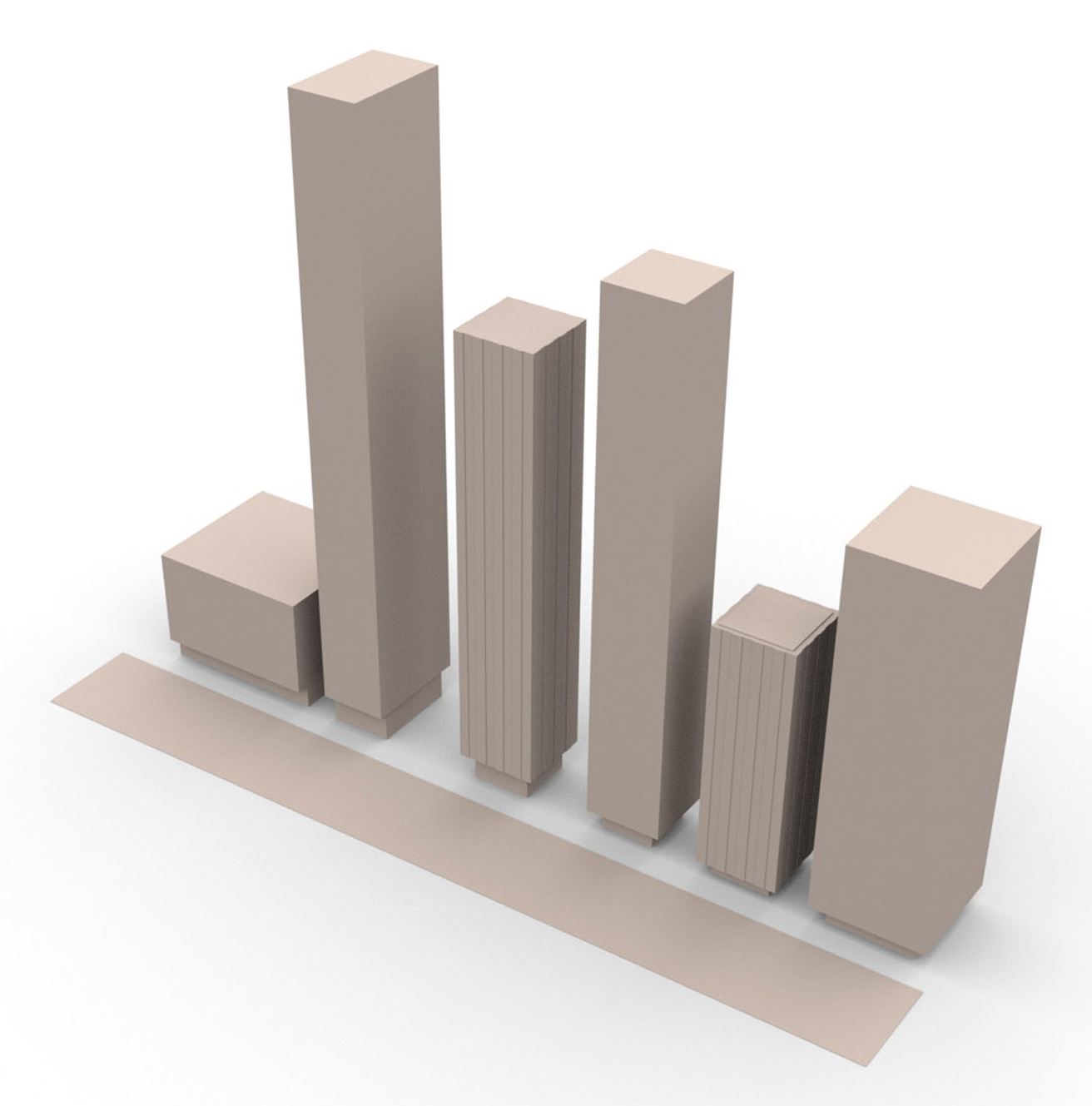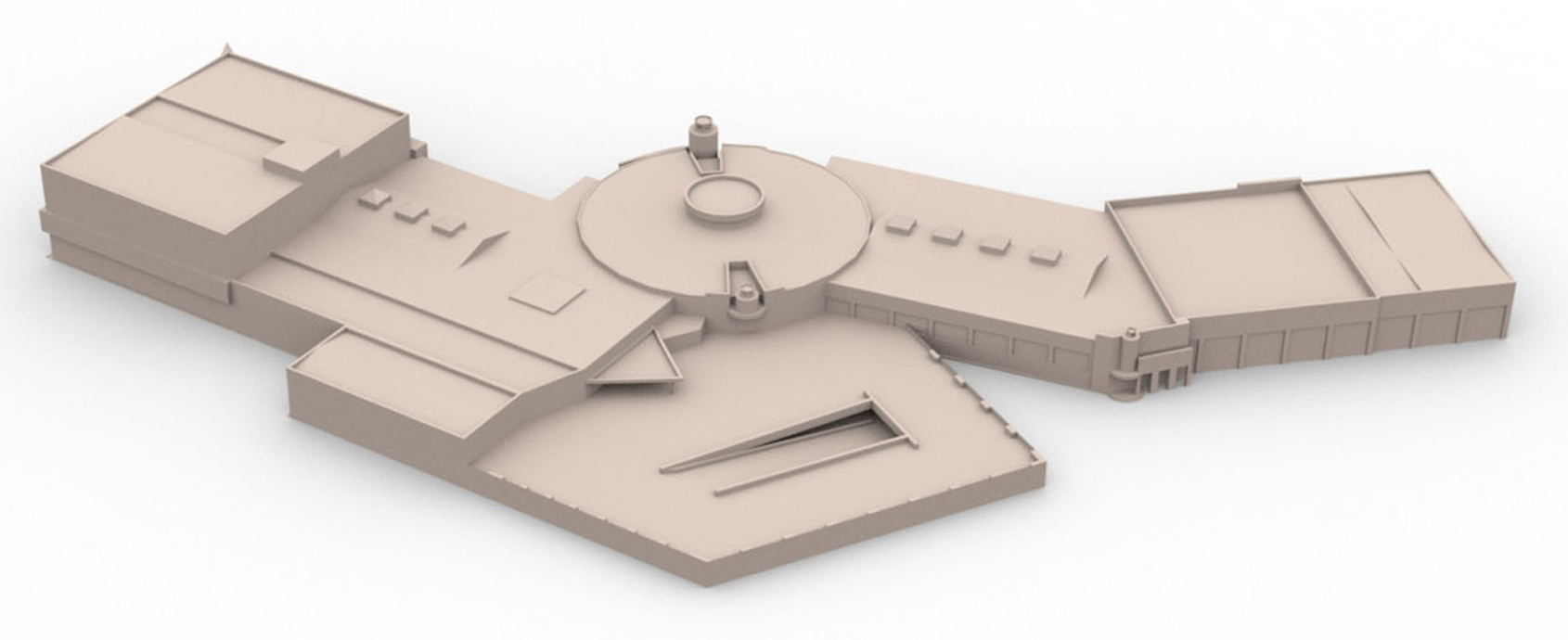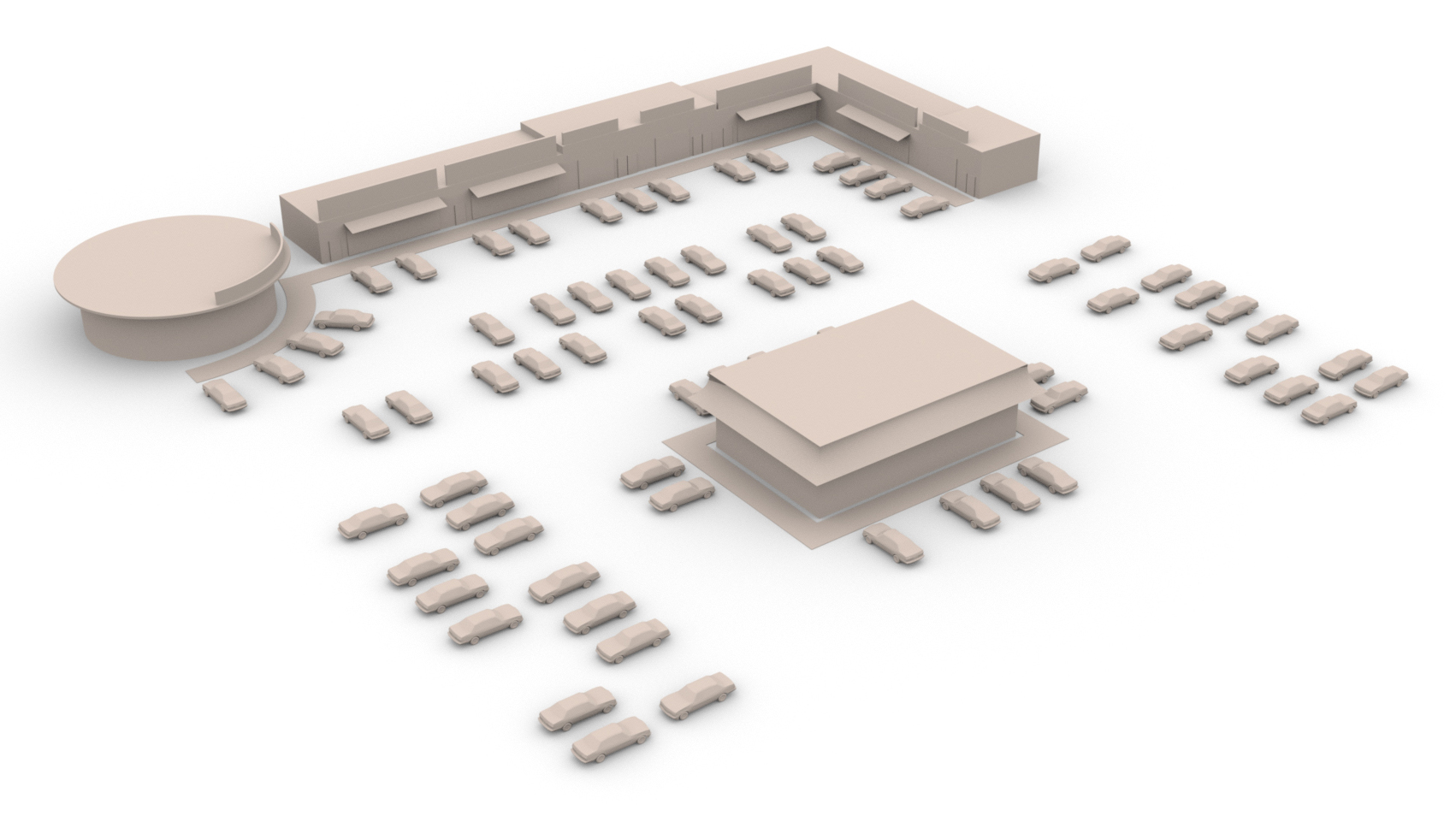Difference between revisions of "Retail and commercial services"
| Line 4: | Line 4: | ||
[[File:RETAIL AND COMMERCIAL SERVICESicon.jpg|left|75px|]]Retail and commercial services [[urban object|urban object]]s are buildings, designated for the purpose of housing economic activities that fulfil the role of goods and commercial service provision. Examples include shops, restaurants, credit unions, etc. |
[[File:RETAIL AND COMMERCIAL SERVICESicon.jpg|left|75px|]]Retail and commercial services [[urban object|urban object]]s are buildings, designated for the purpose of housing economic activities that fulfil the role of goods and commercial service provision. Examples include shops, restaurants, credit unions, etc.<br /> |
||
== Description == |
== Description == |
||
Retail and commercial services activities are very important drivers of economic activity within urban areas. Retail services predominantly become clustered within a specific area, offering wide ranging services to consumers, and attracting significant footfall. Retail services which may be offered will range from the sale and supply of consumer goods and products, to the provision of social activities such as bars and restaurants. Retail and services activities will typically occur in one of three primary contexts: [[High Street Retail/Services|High Street]], [[Shopping Centre Retail/Services|Shopping Centre]] or [[Out of Town Retail/Services|Out of Town Retail Park]]. These contexts within which retail and services activities occur represent three different urban characters. |
Retail and commercial services activities are very important drivers of economic activity within urban areas. Retail services predominantly become clustered within a specific area, offering wide ranging services to consumers, and attracting significant footfall. Retail services which may be offered will range from the sale and supply of consumer goods and products, to the provision of social activities such as bars and restaurants. Retail and services activities will typically occur in one of three primary contexts: [[High Street Retail/Services|High Street]], [[Shopping Centre Retail/Services|Shopping Centre]] or [[Out of Town Retail/Services|Out of Town Retail Park]]. These contexts within which retail and services activities occur represent three different urban characters. |
||
[[File: Retail high street.jpg| |
[[File: Retail high street.jpg|t|left|200px|Retail High Street]] |
||
[[File:Shopping centre.jpg|thumb|left|200px|Shopping Centre]] |
[[File:Shopping centre.jpg|thumb|left|200px|Shopping Centre]] |
||
[[File:out of town Retail.jpg|thumb|left|200px|Out of Town Retail]] |
[[File:out of town Retail.jpg|thumb|left|200px|Out of Town Retail]] |
||
Revision as of 11:44, 3 December 2012
Contents
Retail and commercial services
Retail and commercial services urban objects are buildings, designated for the purpose of housing economic activities that fulfil the role of goods and commercial service provision. Examples include shops, restaurants, credit unions, etc.
Description
Retail and commercial services activities are very important drivers of economic activity within urban areas. Retail services predominantly become clustered within a specific area, offering wide ranging services to consumers, and attracting significant footfall. Retail services which may be offered will range from the sale and supply of consumer goods and products, to the provision of social activities such as bars and restaurants. Retail and services activities will typically occur in one of three primary contexts: High Street, Shopping Centre or Out of Town Retail Park. These contexts within which retail and services activities occur represent three different urban characters.
Functions
Social
Economic
The retail and services industry is one of the largest private-sectors in terms of jobs and GDP (primary impact), but the economic impact of the retail industry extends beyond the industry itself. First of all, retail and services require inputs from various other sectors such as real estate, finance, marketing, transportation, wholesale trade for its operations (the secondary economic impact). Additionally, employees and owners will generate economic spin off as consumers of goods and services(the induced economic impact).
Mobility
An important transportation issue concerning retail is retail logistics. Retail logistics includes transportation of goods to the points of retail sales and storage there. It also covers additional activities for door delivery of goods to the customers.
Safety
Security Issues
Economic dimension of security issues for Retail areas/objects
Retailers have to deal with a wide array of issues and problems in terms of security threats such as shoplifting, theft and fraud by employees, burglary, (armed) robbery, graffiti and vandalism. Shoplifting is widely considered to be one of the most serious of these threats. Moreover, retailers spent billions on loss prevention and these costs are steadily increasing worldwide.
Measures
Economic dimension of security measures for Retail areas/objects
Preventive measures such as surveillance, physical security, etc. reduce the costs of retail crime, but demand significant investments. Designing out crime in retail areas can have beneficial effects.
Footnotes and references
MAP
<websiteFrame> website=http://securipedia.eu/cool/index.php?concept=<replace with pagename> width=100% border=0 scroll=auto align=middle </websiteFrame>
<headertabs/>


